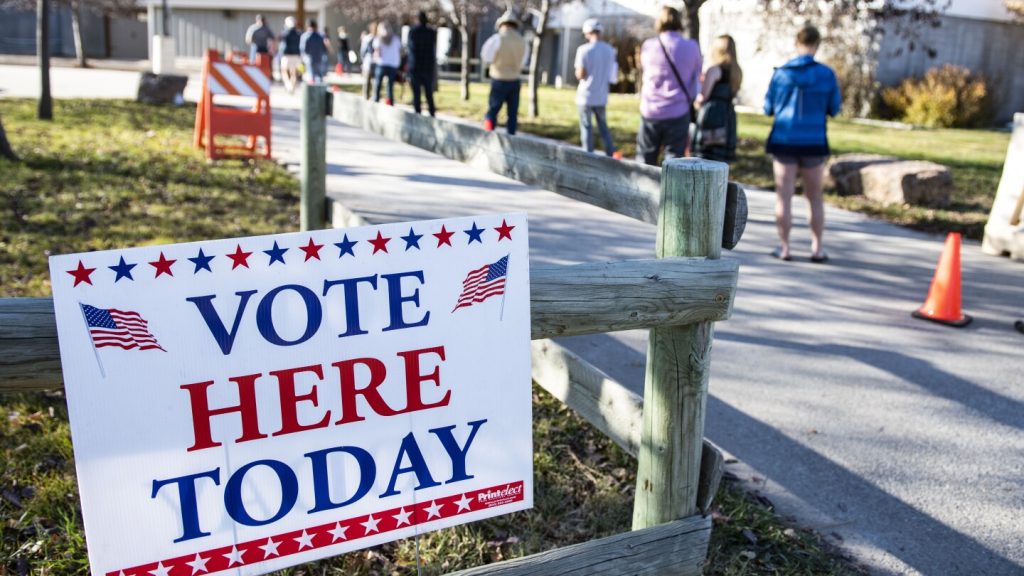A federal judge in Montana has temporarily blocked a state law that required people to cancel any previous voter registrations before signing up to vote, or risk facing felony charges. U.S. District Court Judge Brian Morris agreed with the plaintiffs who argued that the law was vague and overbroad, potentially deterring people from registering to vote out of fear of being charged with a crime. The penalties for violating the law included fines of up to $5,000 and up to 18 months in prison. The ruling was praised by the Montana Federation of Public Employees, one of the plaintiffs, for protecting Montanans’ constitutional rights.
The lawmaker who sponsored the bill argued that it was intended to prevent double voting, which is already illegal under federal and state law. However, attorney Raph Graybill pointed out that the law did not provide a clear process for individuals to cancel their previous registrations, making it difficult for people to comply with the law. Graybill, who represents the public employees and the Montana Public Interest Research Group, stated that creating a crime requires clear rules that people can follow to avoid becoming criminals, and this law did not meet that requirement. Both plaintiffs expressed concerns that the law would hinder their efforts to register new voters.
The lawsuit challenging the law was filed against Secretary of State Christi Jacobsen, Attorney General Austin Knudsen, and Commissioner of Political Practices Chris Gallus. The Attorney General’s Office is defending the state in the case. The current voter registration form in Montana requires individuals to list their previous registrations, but the new law did not clarify whether providing that information satisfied the responsibility to deregister. Graybill, who is running for governor as the lieutenant governor candidate on Ryan Busse’s ticket, highlighted that Montana is not part of a national database that would allow it to inform other states about new voter registrations.
Montana election clerks have the ability to notify clerks in other counties if a voter’s registration changes, but the lack of a national database poses challenges in sharing information across states. The state opposed the motion for the temporary injunction, arguing that it was not actively enforcing the law. However, Graybill emphasized that not enforcing an unconstitutional law does not make it constitutional. The enforcement of the law has been blocked until the case is heard in court, as ruled by Judge Morris. The next steps in the case are being reviewed by the Attorney General’s Office, according to their press secretary Chase Scheuer.
Overall, the temporary injunction issued by the federal judge has halted the enforcement of the Montana law that required individuals to cancel previous voter registrations before signing up to vote. The ruling was praised for protecting the constitutional rights of Montanans and ensuring that registering to vote does not lead to criminal charges. The lawsuit challenging the law highlighted concerns about its vagueness and the lack of a clear process for canceling previous registrations. The case involves state officials such as Secretary of State Christi Jacobsen and Attorney General Austin Knudsen, with the Attorney General’s Office defending the state in court. The decision to block enforcement of the law until the case is heard in court has implications for voter registration processes and efforts in Montana.


